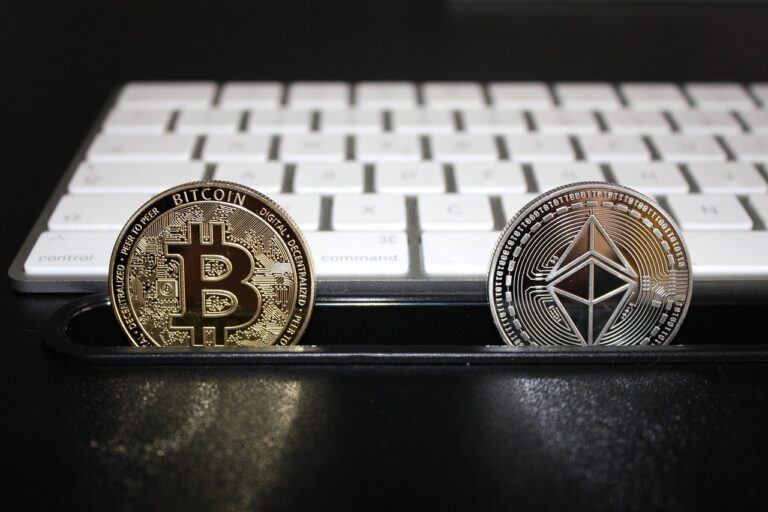On 9 April 2024, day one of the three-day Paris Blockchain Summit, during a highly informative segment on CoinDesk TV’s “Markets Daily,” Jan van Eck, CEO of VanEck, offered a wealth of insights on the dynamics shaping the cryptocurrency market in 2024.
The VanEck CEO noted that Europe is ahead of the United States in terms of crypto regulation, with VanEck having launched a Bitcoin ETN over three years ago and currently offering 12 funds or ETNs that track one or more tokens.
Reflecting on the recent approval of spot Bitcoin ETFs in the U.S., van Eck expressed surprise at the significant inflows, attributing them to pent-up retail demand and Bitcoin whales moving their holdings from self-custody or exchanges into these ETFs. He acknowledged that VanEck missed out on some of these early allocations due to not waiving fees, which some other issuers did.
Van Eck believes that institutional interest in spot Bitcoin ETFs will take time to develop, as broker-dealers have not yet approved them for recommendation by financial advisors. Additionally, model allocators, who make buy and sell decisions for many advisors, are only starting to gain approval to allocate to Bitcoin in their fund prospectuses.
Looking ahead, van Eck is bullish on Bitcoin, predicting all-time highs this year. He attributes this optimism to macroeconomic factors such as the Fed’s interest rate policy and Bitcoin’s internal dynamics, including the upcoming halving. Interestingly, he noted that only about a third of Bitcoin’s appreciation since the launch of US spot Bitcoin ETFs has occurred during US trading hours, suggesting that the ETFs are not the dominant driver of price movement.
Van Eck noted the approval process for spot Ether ETFs appears more challenging compared to that of spot Bitcoin ETFs. He highlighted a notable lack of responsiveness from the SEC regarding the filings submitted by prospective issuers, including their own S1.
This silence from the SEC, according to van Eck, signals a slim likelihood of any Ether ETFs that have a May approval deadline getting approved, emphasizing the necessity of having the disclosure documents properly arranged for any progress to occur:
“We’ve filed our S1 and we haven’t heard anything. So that’s kind of a sign. It won’t happen without getting the disclosure documents in order.“
Van Eck identified the affordable transaction costs on L1 blockchains such as Solana or on layer-two solutions (such as Polygon) as the most important development in the crypto space, enabling the creation of scalable and cost-effective applications on blockchain databases:
“The most important story of 2023, which people know, but I don’t think they focus on enough, which is simply that transaction costs are now available at affordable rates through Solana or the so-called layer 2s …
“Because you see the transaction fees for Bitcoin and Ethereum, no one would ever use that database to build anything on, right? My analogy for non-crypto people is, would you want to fill your car at $50, you know, week after week, and then one week at $600? And that’s effectively what high gas fees are on Ethereum.“
While VanEck is not currently planning to launch any other crypto ETFs in the U.S., they have already established a comprehensive offering in Europe and are now focusing on actively managed partnerships to capitalize on market opportunities.
Lastly, van Eck touched on his son’s recent launch of a US dollar-backed stablecoin called Agora. He emphasized the need for regulated entities and transparent accounting in the stablecoin market, which VanEck aims to provide through their reserve management services. Van Eck believes that while there is room for competition in the stablecoin space, achieving widespread adoption, robust trading, and a supportive ecosystem are crucial for success.
Featured Image via Pixabay









